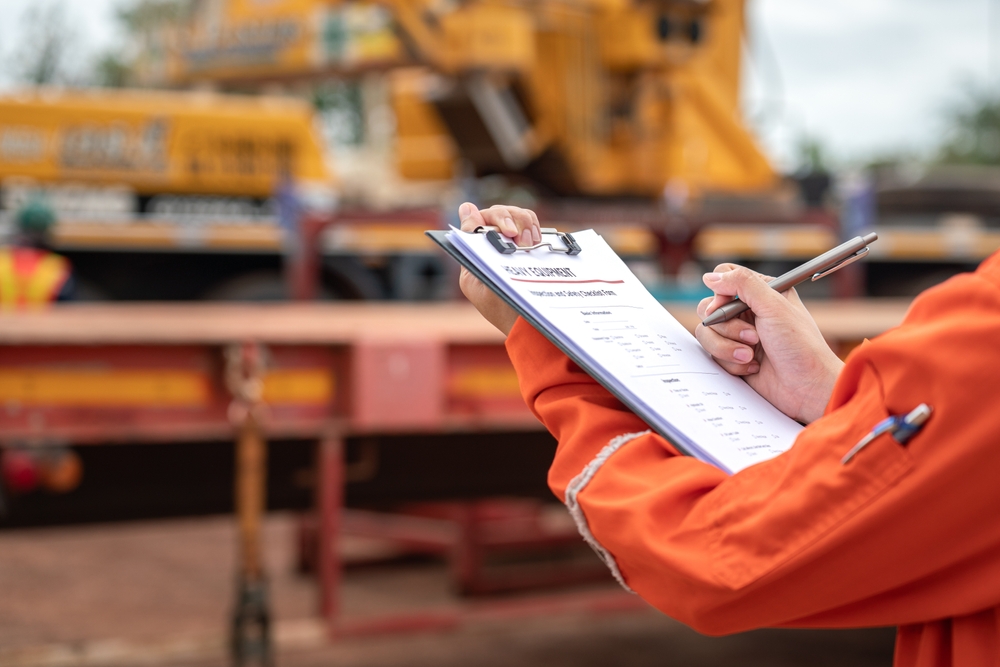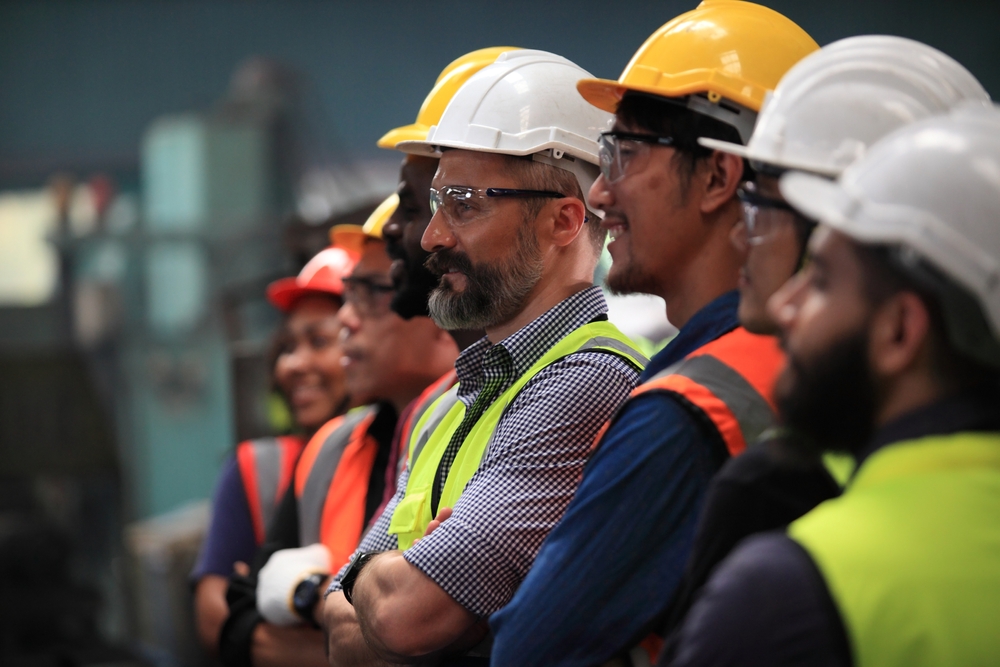Crisis, Emergency & Risk Management In Construction
The construction industry is vital for infrastructure development, economic growth, and community well-being. Whether constructing buildings, roads, or large-scale infrastructure projects, the sector faces unique challenges due to its dynamic environments, complex supply chains, and the need for on-site personnel. Disruptions caused by emergencies—ranging from natural disasters and equipment failure to workplace accidents and cyber-attacks—can delay projects, increase costs, and endanger worker safety. Effective emergency management is essential to ensure project continuity, protect workers, and minimise financial losses.
By preparing for potential risks, ensuring worker safety, protecting assets, and maintaining business continuity, construction firms can build resilience and minimise the impact of disruptions. Proactive emergency management not only protects projects but also ensures long-term success and client satisfaction in a high-risk industry.

The Importance of Emergency Management in Construction
Construction sites are inherently high-risk environments, with the potential for accidents, severe weather impacts, and other unforeseen emergencies. A strong emergency management plan helps construction firms prepare for, respond to, and recover from these situations efficiently, ensuring safety and operational continuity.
Why Emergency Management is Critical
Ensure Worker Safety: Construction sites are vulnerable to accidents and environmental hazards. Emergency management protocols safeguard workers by outlining safety procedures, evacuation plans, and medical response actions.


Minimise Project Delays
Protect Equipment and Materials
Manage Supply Chain Disruptions:
Emergencies can disrupt the supply chain for essential materials. Effective emergency management includes strategies for maintaining the flow of materials and adjusting timelines to ensure project continuity.
Comply with Regulations:
Construction companies are often required to follow strict safety, environmental, and operational regulations. Emergency management ensures compliance with these standards, helping avoid legal repercussions and project shutdowns.
Preserve Reputation:
Clients and investors expect construction firms to manage risks and maintain progress. A robust emergency response plan demonstrates professionalism and reliability, maintaining trust in the company’s ability to deliver on time, even in challenging circumstances.
Meet contractual obligations:
Emergency plans help construction companies meet contractual obligations by enabling them to promptly address and manage unforeseen incidents, minimising delays, mitigating risks, and ensuring adherence to project timelines and safety requirements.
Key Components of Emergency Management in Construction

Risk Assessment and Site Evaluation
Regularly assessing potential risks—such as weather-related events, equipment failure, and workplace hazards—helps construction firms develop specific emergency response strategies tailored to each site.
Business Continuity Planning (BCP)


Communication Protocols
During emergencies, clear communication with workers, project managers, subcontractors, and stakeholders is crucial. Crisis communication plans ensure timely updates, accurate information, and proper coordination.
Training and Preparedness
Regular safety drills and emergency training sessions help prepare workers and management to respond quickly and effectively to emergencies, reducing the likelihood of injuries or site damage.


Recovery and Project Continuation
Post-crisis recovery plans focus on assessing damage, securing the site, and restoring operations as quickly as possible. This includes reviewing the emergency response to improve future preparedness.
Contact Us Now
Want to discover how we can assist your department with our services?
Fill out an enquiry form or call us on 0439 005 271 to find out more and to see how we can help your business prepare for the unknown.
Book your FREE 30 minutes resilience assessment now
- Discuss your challenge
- Walk away with the next steps
- You will get your situation evaluated
What our clients are saying
“Business continuity plan is comprehensive and flawless.”
Top 4 Australian
Accounting Firm 2021

